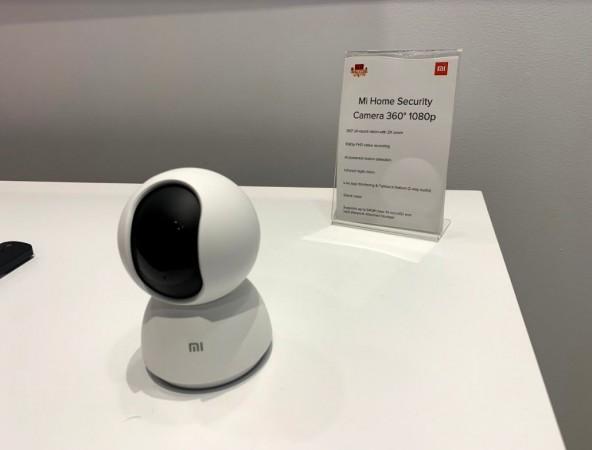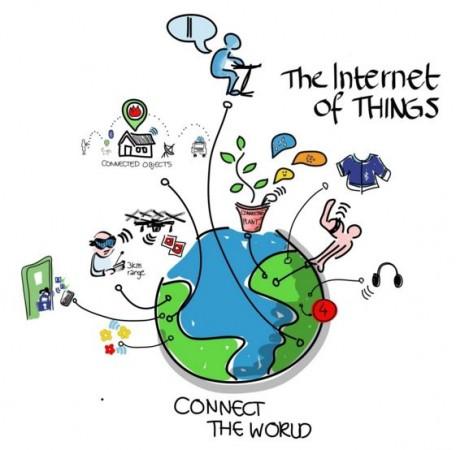India's smart home security camera market grew 116 per cent (year-on-year) as consumers are now more concerned about safety inside their premises, a new report has said.
The smart home security camera grew 7 per cent (on-quarter) in Q2 2022 (April-June period), according to latest research from Counterpoint Research.
The growth was driven by increasing consumer interest, greater concerns over security, shift from traditional security cameras, and brands' marketing push through discounts and promotions.

"The growing consumer interest in smart home security cameras is a result of various factors, including ease of use, availability of smart features, and affordability," said research analyst Varun Gupta.
The pricing of these devices has been a key to the success of the smart camera market as most brands are offering devices below Rs 2,500, which is less than the conventional camera systems, he added.
Xiaomi, Qubo in the lead
The top three brands captured 74 per cent share in Q2.
There was a push towards offline retail channels by leading brands such as Xiaomi, EZVIZ, Imou, Qubo and CpPlus.
Xiaomi's shipments doubled in Q2 due to an increase in demand for home security cameras and better brand outreach through promotional events.
realme registered a 74 per cent growth due to good performance by its Home Cam 360o. The brand is expanding its offline presence and is expected to refresh its portfolio soon amid strong demand.

The smart home security camera market is expected to grow over 50 per cent this year, due to the continuous efforts by brands to make these devices available offline, special discount schemes and launch of value-for-money devices.
"In addition to this, we also expect the entry of new brands to build their position in this untapped market," said senior research Analyst Anshika Jain.
In terms of applications, the indoor security camera market will witness a jump due to demand coming from working professionals resuming work at offices after the work-from-home routine during the pandemic, she added.
The major hurdle to mass adoption of these cameras is the lack of consumer awareness.
"Brands need to focus on setting up experience zones and providing some sort of bundled offers with other smart home products to market these products in a better way," Jain noted.
(With inputs from IANS)

















